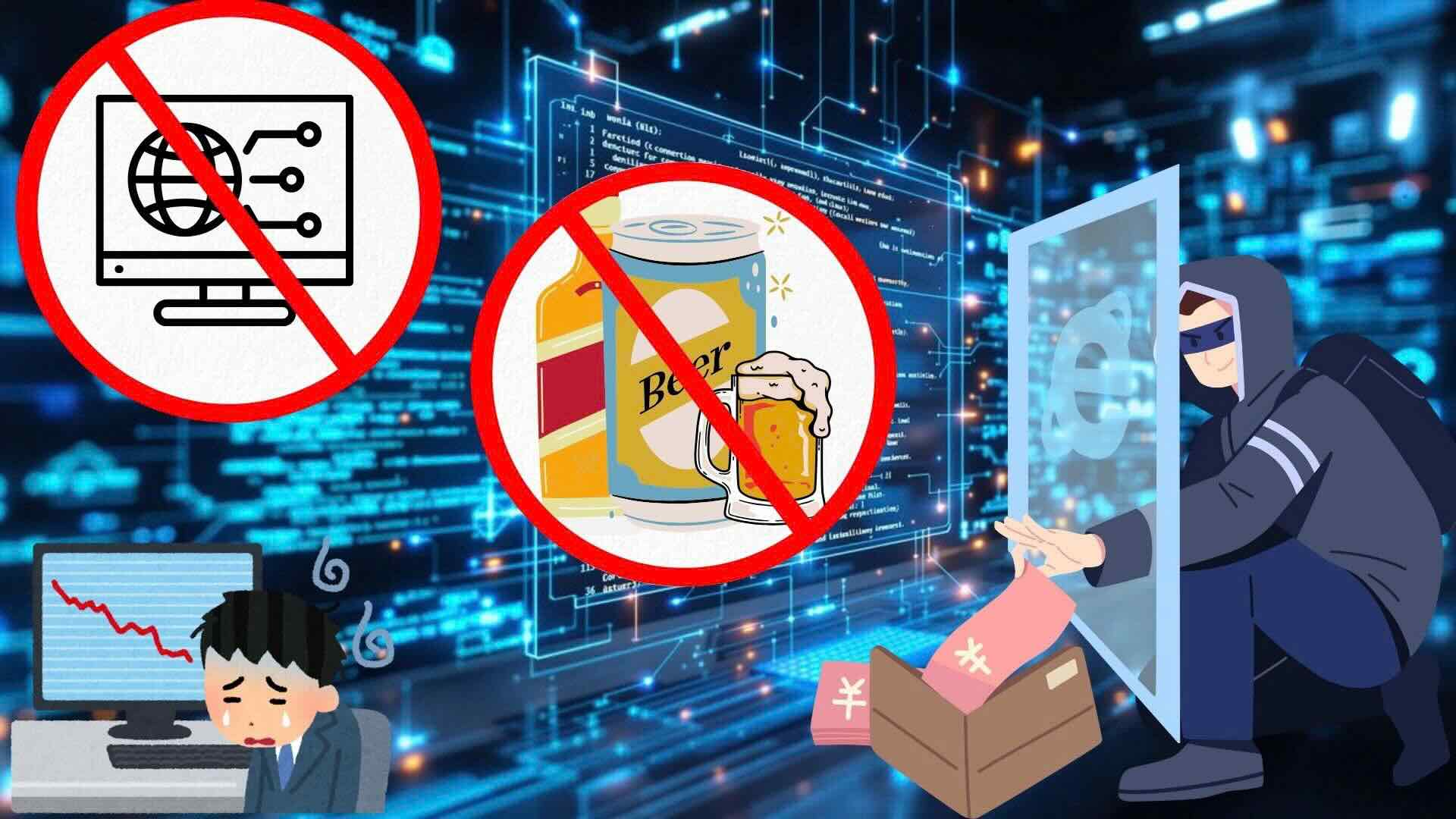
According to Asahi, the attack completely paralyzed the company's ordering, delivery and hotline system in Japan. As a result, the consumption and distribution of beer, especially the Asahi Super Dry line, has almost stagnated. Some major retail chains such as 7-Eleven, Lawson, FamilyMart have even warned of the possibility of "run out of stock" in the next few days if this situation continues.
Not only does it stop at the supply chain crisis, the incident also raises concerns about data security. Asahi said that traces of the data may have been illegally accessed and transferred have been discovered, but the specific scope of impact has not been disclosed. This means the risk of losing customer, partner, and even business secret information.
Experts say that the damage caused by cybersecurity attacks is not only in the immediate economic figure, but also leads to long-term consequences for brand reputation, customer trust and competitiveness. For a business with dozens of factories and a global market like Asahi, a few days of interruption is enough to create unpredictable losses.
The Asahi case once again shows that cybersecurity is not just a technological problem, but a vital issue for businesses. In the digital age, any vulnerability can become an unpredictable danger, causing a comprehensive crisis from operations, business to brands.









